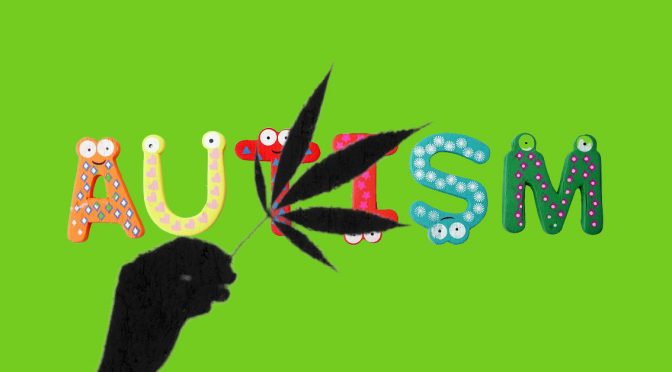On December 19, 2021, Dr. Sanjay Gupta presented on CNN a program about Marijuana and Autism, a program that begs a response.
Most of the program concentrated on one Texas family and their daughter with an extreme form of autism. Their daughter, now a teen, was born very prematurely and has suffered for years. Based on the recommendations of a neighbor, the parents found that marijuana use can stop their daughter’s self-injurious behavior. (We sympathize with the girl, the parents and their very difficult situation.)
If THC can stop a brain that’s misfiring so easily, one begs to ask what cannabis can do to a brain that isn’t damaged? If cannabis calms children with rare conditions, what is it doing to a brain that develops normally?
Everyone should ask those questions before they choose to use marijuana of any potency!
What does the science say? What do autism organizations say?
The American Autism Science Foundation does not recommend treatment with cannabis. The website explains: “In the absence of results from well-designed and carefully conducted studies there is no clinical guidance on the use of cannabinoids in people with autism spectrum disorder. For example, there is limited information on the dose schedule, adverse effects, target symptoms or treatment duration.”
The Association for Science in Autism Treatment Foundation does not recommend treatment with cannabis: It concludes: “That is, there are no controlled studies using sound and acceptable research designs assessing the impact of marijuana on any aspect of autism symptomology. Thus, it is clear that at this time, that marijuana has not been demonstrated as an effective treatment for autism.”
That organization further explores the negative effects of cannabis: “This, in conjunction with the possible negative side effects, strongly suggests we should not use marijuana for treatment of ASD, at least until the medical community first understands its safety. However, even if proven safe, then professionals will need to do well-controlled, high-quality research studies using marijuana as a treatment for ASD.”
Dr. Gupta didn’t discuss studies about parental use of marijuana and the possibility of having children with autism. Hopefully, we will take up that subject, on this blog, in the future. Mothers who use while pregnant and fathers who are heavy users appear more likely to have children with autism spectrum disorders.
Parents of autistic children share with Poppot
There are rarely such simple solutions to complex problems or disorders like autism, but Americans want quick solutions. Two parents wrote to Parents Opposed to Pot several years ago about the tragic consequences of their children using marijuana for autism. We will keep details vague to respect the families, but think the public should know the many sides to these issues.
One case came from a state which has medical marijuana but did not have recreational marijuana. A boy with autism became especially difficult when he reached puberty, and so his mother looked for new solutions. A nurse recommended that he try medical marijuana with a high amount of THC. Since the boy didn’t have a qualifying condition in that state, there would have to be another reason for getting approval. Claiming he had PTSD, the mother petitioned for him to get him medical marijuana. Marijuana induced a psychotic reaction in him and made him violent. Because his condition was so extreme, the autistic boy had to be admitted to a state institution. We haven’t heard any more news for about three years.
The other report concerned a teen boy with autism who was from a state with recreational marijuana. The drug initially seemed to help him, but he suddenly killed himself without apparent reason. The person who informed us suspected that marijuana use played a role.
Both incidents are tragic. They demonstrate the need for doctors, not amateur medical marijuana practitioners, to be making complex medical decisions. Marijuana affects different people differently. It’s a very idiosyncratic drug and a dangerous one for that reason.

